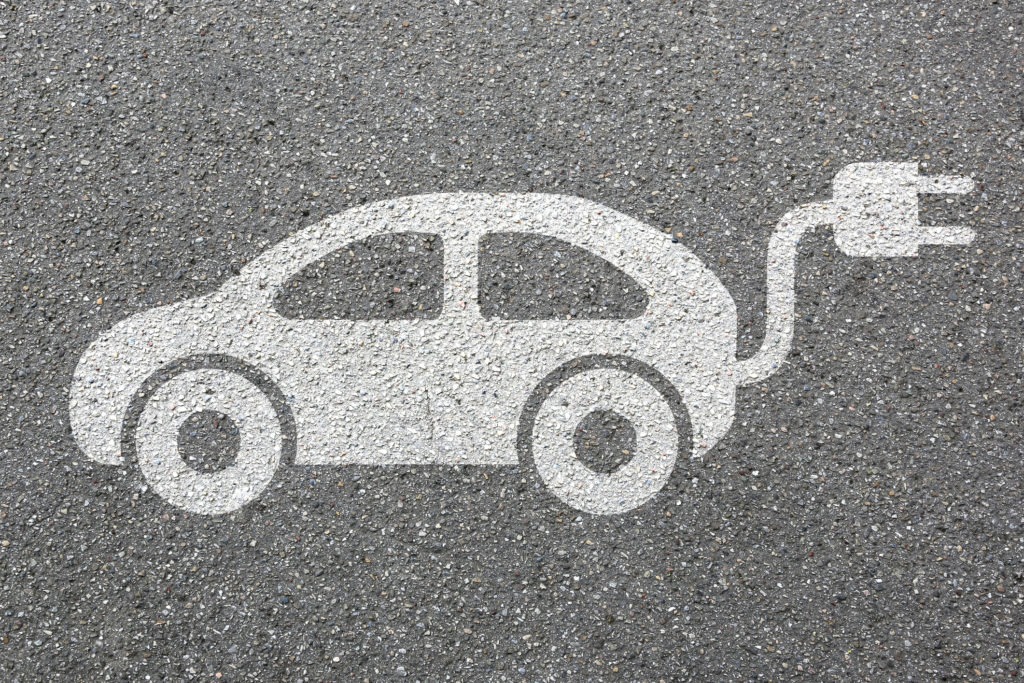PSA creates a new business unit to help develop electric vehicles
12 April 2018

12 April 2018
With the need to rapidly develop electric vehicles (EVs) to meet expected consumer demand, as well as strict CO2 targets, automakers are establishing ways to ensure this process runs as smooth as possible.
PSA Group has become the latest company to announce its plans, creating a new electric vehicle business unit and reorganising its powertrain management structure as it prepares to launch electrified versions of all models within the company’s brands starting in 2019.
The Low Emissions Vehicles business unit will see Alexandre Guignard join the company as a senior vice president, overseeing development of electrified powertrains across all of PSA’s model range by 2025. He will also be responsible for helping PSA meet fleet CO2 emissions standards, including the 2020 European Union regulations.
Guignard was previously in charge of the development of large and compact vehicles for PSA. His unit will report to Linda Jackson, CEO of the Citroen brand.
In a statement, Jackson said: ′The energy transition is an opportunity that our company has seized by launching an unprecedented technological offensive made possible by our multi-energy platforms. The challenge for this Business Unit, which benefits from an experience built up over several years within the Group, will be to provide the best vehicles at the best time to satisfy our customers and thereby ensure the best economic conditions for launching Groupe PSA’s electric vehicles into the market.’
Guignard replaces Alain Raposo who previously headed PSA’s programs and strategy for electric vehicles. His role is much expanded with the new unit creation. Raposo becomes head of powertrain and chassis engineering, PSA said. In his new role, Raposo succeeds Christian Chapelle, who will lead cost-saving operations for the automaker’s Middle East and Africa regions.
PSA will offer 40 electrified models across its five brands — Peugeot, Citroen, Opel, Vauxhall and DS — worldwide by 2025, The automaker will launch full-electric versions of its Peugeot 208 and upcoming DS 3 Crossback cars in 2019, The Peugeot 2008 will get a battery-powered option in 2020.
With diesel sales dropping, car manufacturers are increasingly turning to electric powertrains to help them beat CO2 targets set by the European Commission, while also building their green credentials in the global market. The need to meet Chinese quotas which come into effect from 2019 is also a concern.
The French manufacturer also plans for 80% of its vehicles to have level two automation by 2030, which allows them to steer and brake in certain limited conditions such as on a motorway. By that same year, one in 10 cars sold by PSA will contain more advanced level four self-driving systems enabling them to operate without a human driver at all in most instances.